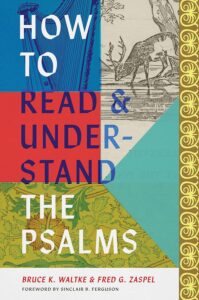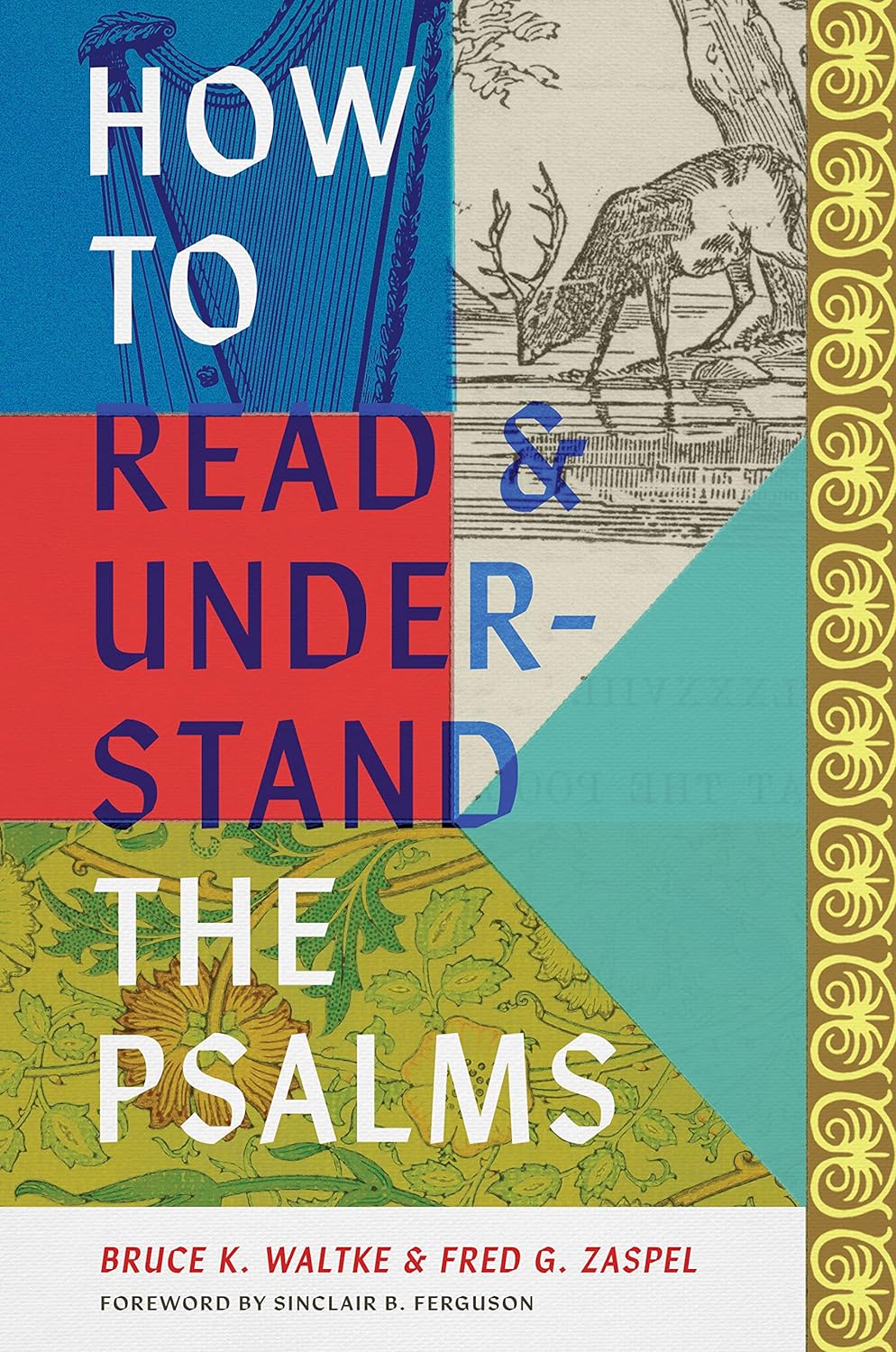
The Psalms occupy a prominent place in the pastor’s life and work. He uses them to summon his congregation to worship. Their vocabulary and poetry shape the language of his prayers, both public and private. With them, he comforts the sick, gives hope to the despairing, and consoles the mourner. They supply cherished words to lead his flock in praises, thanksgivings, and intercessions. No pastor’s toolbox is properly furnished without the Psalms.
To be used effectively, any tool must come with instructions for its proper use. Experienced craftsmen must teach their apprentices—which is why pastors will find How to Read and Understand the Psalms a valuable resource. Like master craftsmen, Bruce Waltke and Fred Zaspel instruct readers about the structure of individual Psalms, explore their various forms, explain the arrangement of the Psalter’s five books, and offer suggestive outlines that will assist pastors and teachers in effectively communicating their message. After reading, pastors will be better prepared to employ the Psalms in their ministerial labors.
The authors’ share several convictions about the Psalms that readers of Ordained Servant will find attractive. They affirm the following:
-
- The divine and human authorship of the Psalms: “To interpret Scripture rightly we must have a sympathetic understanding of God, the divine author, the human authors, and the text itself” (24).
-
- The antiquity of the Psalms: The Davidic authorship of the Psalms attributed to him is affirmed (45).
-
- The royal orientation of the Psalms: “The Psalms are both by and about the king. The Psalter can be thought of as a royal hymnbook, and its individual psalms have the house of David as its subject matter and point of reference” (73)
- The Christocentric direction of the psalms: “The Psalms are ultimately the prayers of Jesus Christ, the Son of God. He alone is worthy to pray the ideal vision of a king suffering for righteousness and emerging victorious over the hosts of evil.” (81)
